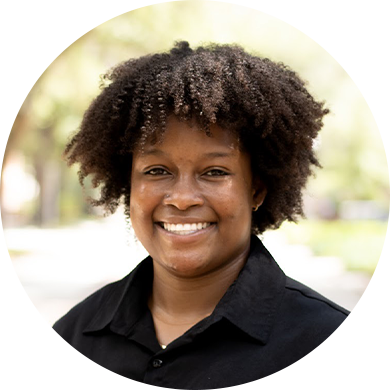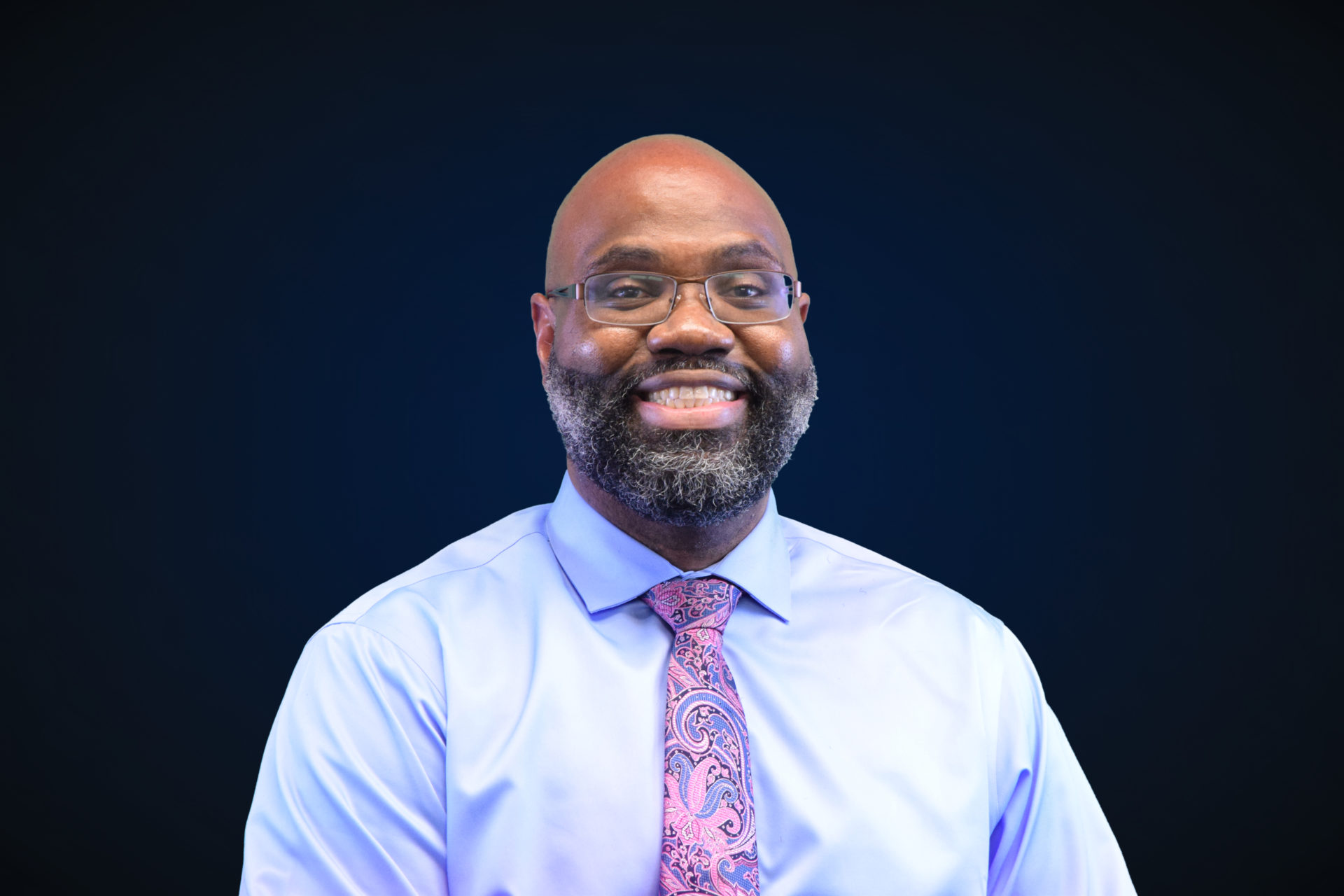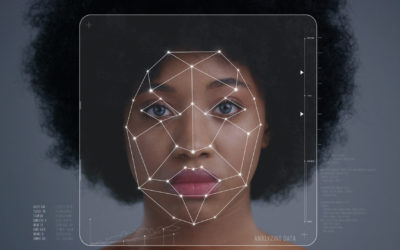“It’s not about making mini David Cantons, that’s a cult. I’m a teacher, not a preacher. I’m not here to convert anybody to anything” – Dr. David Canton
Right now, across America, conversations surrounding African American Studies in high school and the role of diversity, equity, and inclusion work in higher education has garnered a lot of attention. Educators, politicians, and parents alike are all rallying to see their values and opinions upheld within American institutions. However, corporations, executives, and employers are missing from the conversation.
What is African American Studies?
In the 1960s during the Civil Rights movement, Black students across America took the movement into their classrooms. As most classes at the time held a Eurocentric point of view, Black students insisted that a new approach be considered.
African American Studies is an academic discipline that examines the experiences of people of African descent in the United States and the Black diaspora, both throughout history and in the present. The study is interdisciplinary, meaning, it reaches beyond history and into the social sciences, criminal justice, law, business, marketing, language, and more. While the discipline is largely focused on the Black experience, it intersects with and expands upon multiple identities that are not confined to the Black population.
Dr. David Canton is the Director of African American Studies Program and Associate Professor of History at the University of Florida.
Dr. David Canton is the Director of African American Studies Program and Associate Professor of History at the University of Florida. He graduated with a B.A. in History From Morehouse College, received his M.A. in Black Studies from The Ohio State University and PhD in history from Temple University. In an exclusive interview with him, he told us that he believes that teaching history isn’t about indoctrination or instilling his beliefs into his students.
“It’s not about making mini David Cantons, that’s a cult. I’m a teacher, not a preacher. I’m not here to convert anybody to anything I’m not here to convert you to ‘Cantonisms’.”
He explains, “I’m here to show you multiple perspectives and develop a rigorous analytical framework so when you look at information, when you look at data that’s coming at you fast, you can determine if it’s a reliable source and know how to check that source. Because that’s what students need to learn.”
African American studies doesn’t only give a new perspective on the past, it gives context to the present. Dr. Canton finds that most students can’t explain why the events that occurred in the summer of 2020 happened the way they did and he believes it’s a result of the failure of history courses. He says, “they still don’t understand why African Americans are upset about racism because they’re not taking these classes, right, and Black History month is just these facts and firsts but that doesn’t explain black inequality. That doesn’t explain why black women have twice the infant mortality rate. That doesn’t explain black housing inequality so we gotta make black history all year you know and go into deeper level understandings.”
Why Should Executives Care
Higher education plays a major role in the culture of a corporate workspace. Many employers require a certain level of education to even consider a candidate for a role. While this is a hiring practice that diversity, equity, and inclusion work aims to eliminate, a degree from an accredited institution gives you the upper hand in a job interview. Those with a high school diploma face a 9% unemployment rate compared to 5.5% for those with a bachelor’s degree (US Bureau of Labor Statistics). Most employers rely on higher education institutions to provide their workforce with the skills to be successful and consistent contributors to their corporations.
The workplace culture is formed in the classroom and as more and more companies commit to being a diverse, equitable, and inclusive establishment, assessing and understanding that culture is central to making good on that commitment. Creating a culture where all employees are encouraged to embrace diversity relies on an understanding of the marginalization that brought us to this point, which is done through studying history. There are three specific reasons why executives should care about African American Studies:
- History isn’t only for Historians
These students who aren’t getting these courses aren’t just aspiring historians or professors. In fact, it’s highly likely that they’ll be professionals, executives, and CEOs, all of which likely interact with, and potentially be in charge of, diverse groups of people who have a history of discrimination in America that follows them into the workplace. Having an understanding of that history can only improve the diverse, equitable, and inclusive corporate environments we are striving to build.
- Workforce demographics are changing
Workforce demographics are changing and that’s a good thing! As America continues to become more diverse, the corporate world will see a massive shift in the employee demographic. Diversity brings innovation and innovation boosts productivity.
“The reality is, diversity is great for America because we see what black talent creates billions of dollars for this country. Whether that’s athletes, entertainers, or academics black talent creates billions of dollars for this country.” says Dr. Canton.
- One point of view is no longer sufficient
One perspective, one point of view is no longer sufficient when addressing workplace norms and ideas. African American Studies is all about highlighting different perspectives. Like Dr. Canton says, “From black studies you get women’s studies, asian american studies, gender studies, and so it opens up other avenues for new perspectives see that’s the key to diversity right, different perspectives. That we can have the same facts but different interpretations”. Executives should be more than invested in the education of the future CEOs of America.

Friendly businesswoman with welcoming smile (Adobe Stock)
What can executives do?
1. Stay Informed
The number one way for executives to make an impact is to be informed themselves. For executives to actively seek out the knowledge that school didn’t give them shows that they prioritize a diverse education not only for their staff but for themselves as well.
2. Invest in African American Studies
If a company wanted to make a financial investment in African American Studies, they could create a company scholarship program that focuses on connecting students with the diverse education the company supports. They could also create an internship program or mentorship program between themselves and colleges who align with the company’s educational values.
3. Commit to Diverse Hiring Practices
Finally, making a commitment to diverse hiring practices and following through on those commitments can show allyship toward African American Studies. Looking into some of the effects of affirmative action practices on your office as well as emphasizing the value the company places on a diverse education when recruiting or interviewing can be a great way to advocate for the advancement of Black Studies.
African American studies is more than just Black History. It is more than the facts and firsts of Black Americans. It is a window to the past and a door to the future. As companies continue to commit to diverse, equitable, and inclusive workplaces, they should remember that the qualities of the workplace are formulated in educational settings. Diverse knowledge brings incomparable value to a business so executives should be on the front lines of advocating for a diverse education in the classroom.
ABOUT THE AUTHOR

Kaya Hill is a marketing intern at DEI and You Consulting.
Her passion for DEI work lies in the many experiences she has had where DEI was clearly needed but never utilized.
She has received multiple awards and recognitions from her University for her writing and has presented research in numerous conferences. She hopes to continue in the field of DEI and eventually become a
Chief Diversity Officer of a law firm.
The importance and benefits of diversity, equity, and inclusion are undeniable. Partner with DEI & You Consulting to unlock your company’s potential for all your employees to thrive.
Contact us today to learn more about our consulting services or our workshops: www.deiandyou.com
Redefining Activism: New Trends in Allyship for the Upcoming Years
Picture a chessboard. At its center, two pieces stand mirrored, symbolizing the strategic interplay of equity and inclusion, the key...
Navigating DEI in Tech: 4 Steps Towards Ethical Algorithms and Inclusive Data Privacy
In our fast-paced, technology-driven world, personal data has become a hot topic. Every click, every purchase, every post - they all...
Maximizing DEI Metrics: 5 Ways to Elevate Your DEI Strategy Through Data Collection
Four ascending bar graphs measuring the DEI metrics of your organization When diversity, equity, and inclusion (DEI) work is...
Redefining Activism: New Trends in Allyship for the Upcoming Years
Picture a chessboard. At its center, two pieces stand mirrored, symbolizing the strategic interplay of equity and inclusion, the key...










